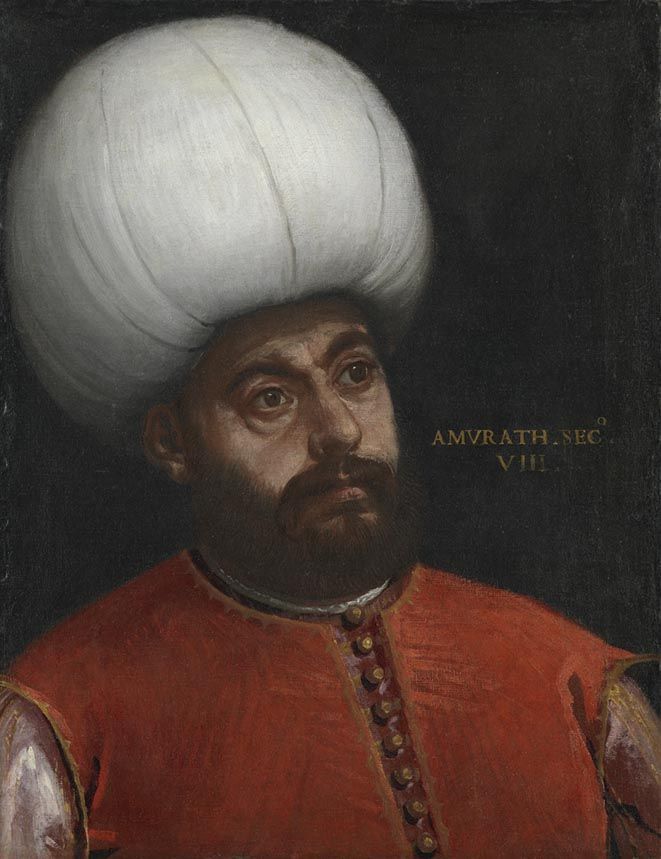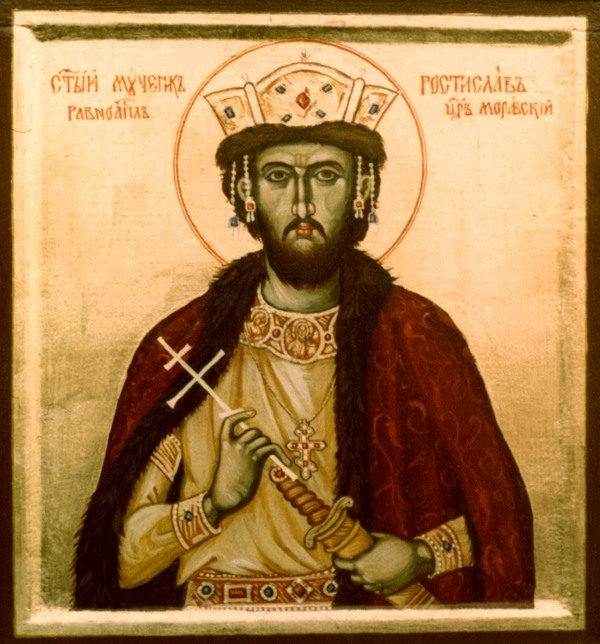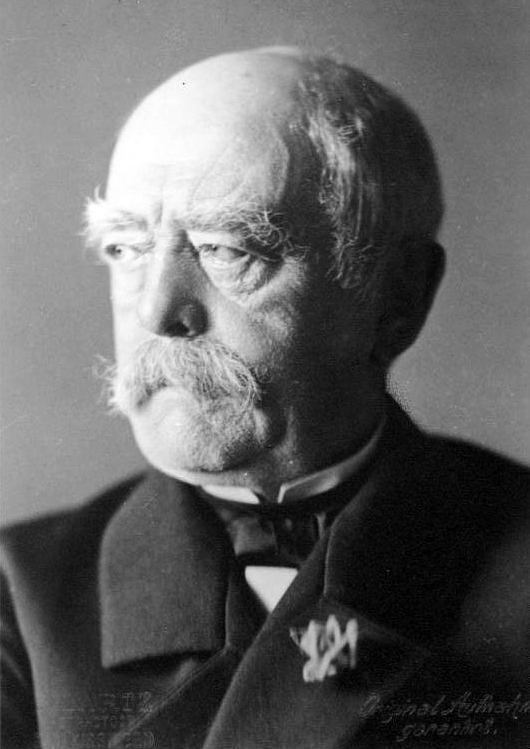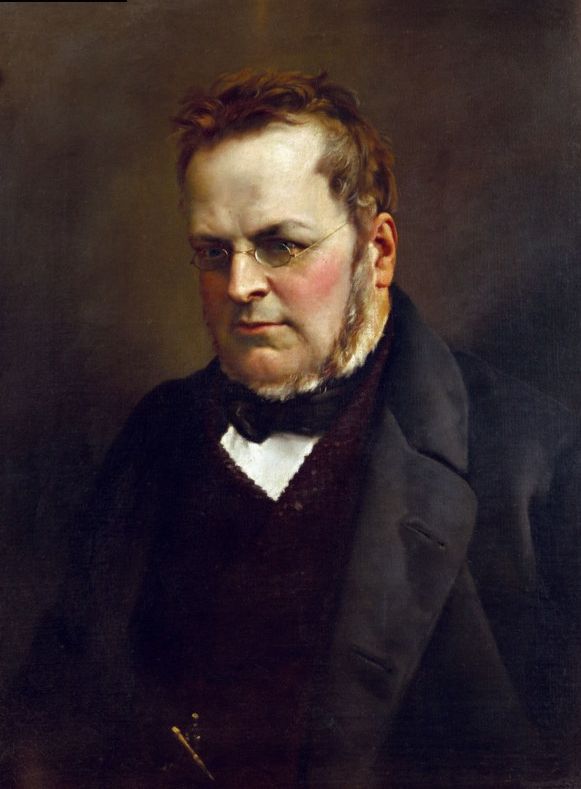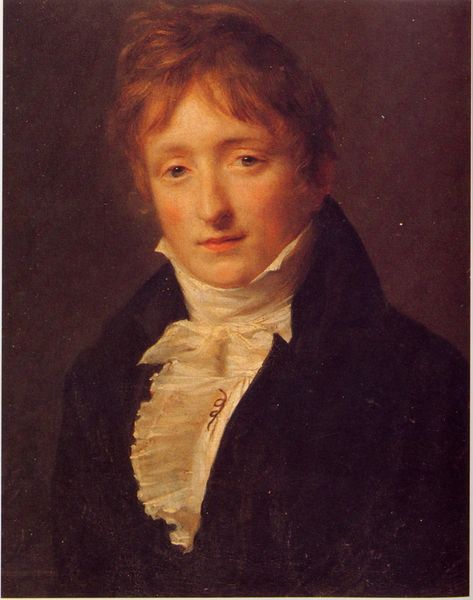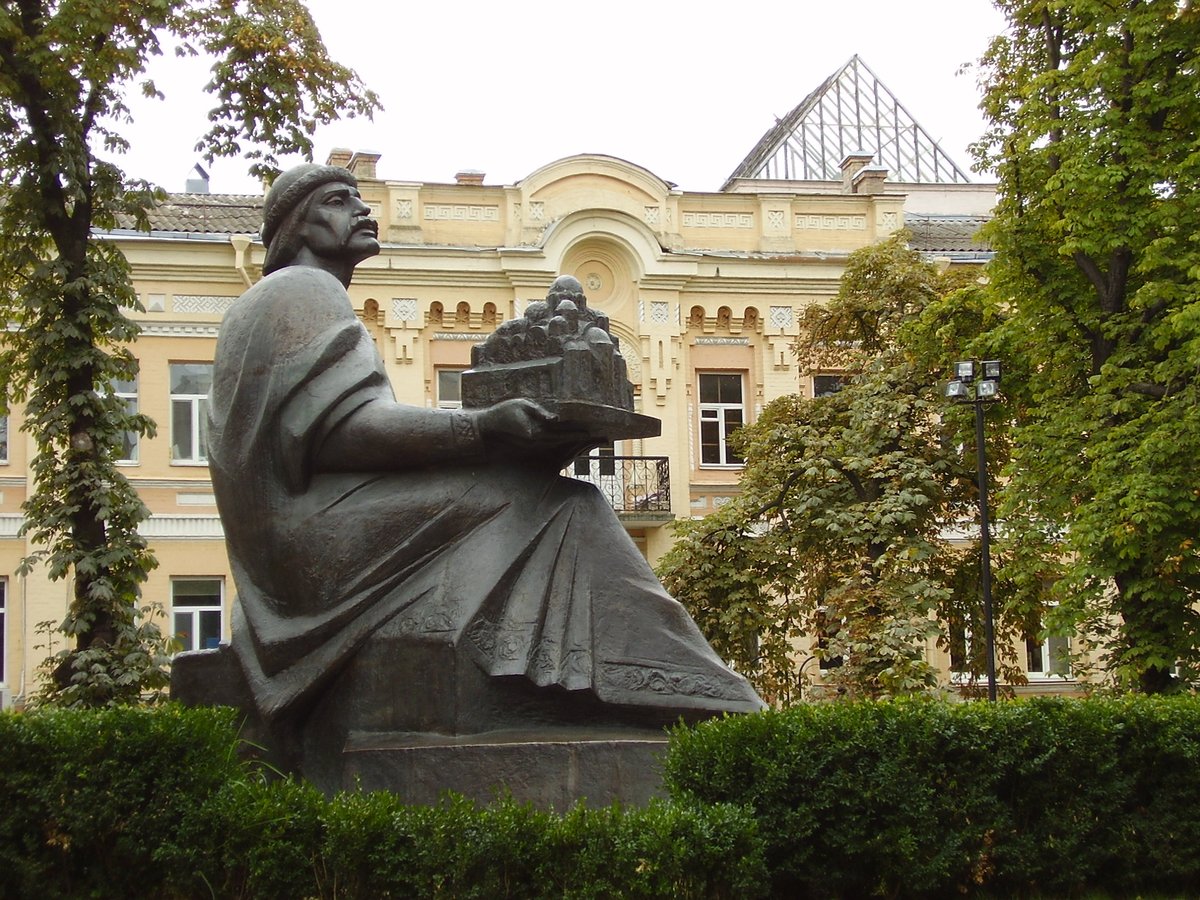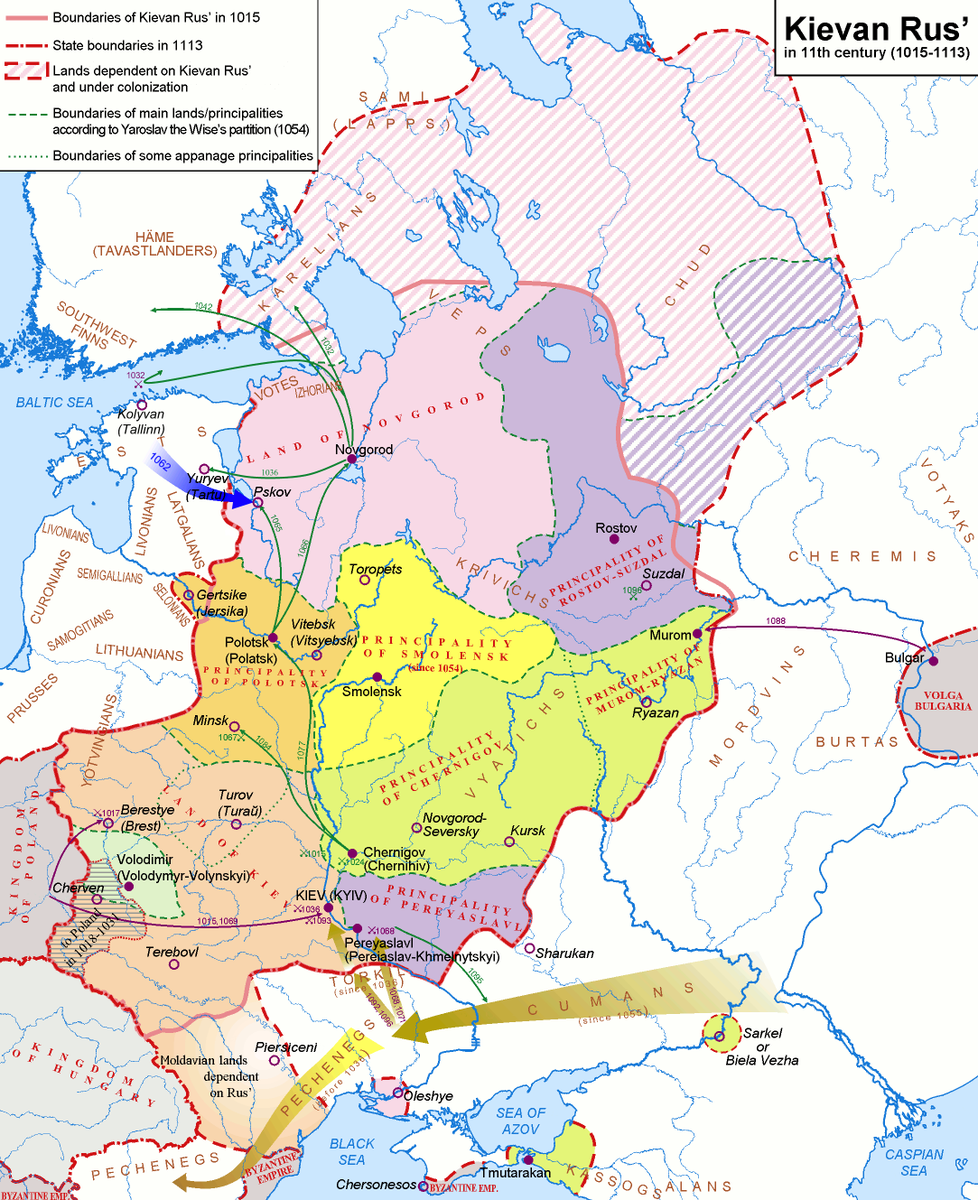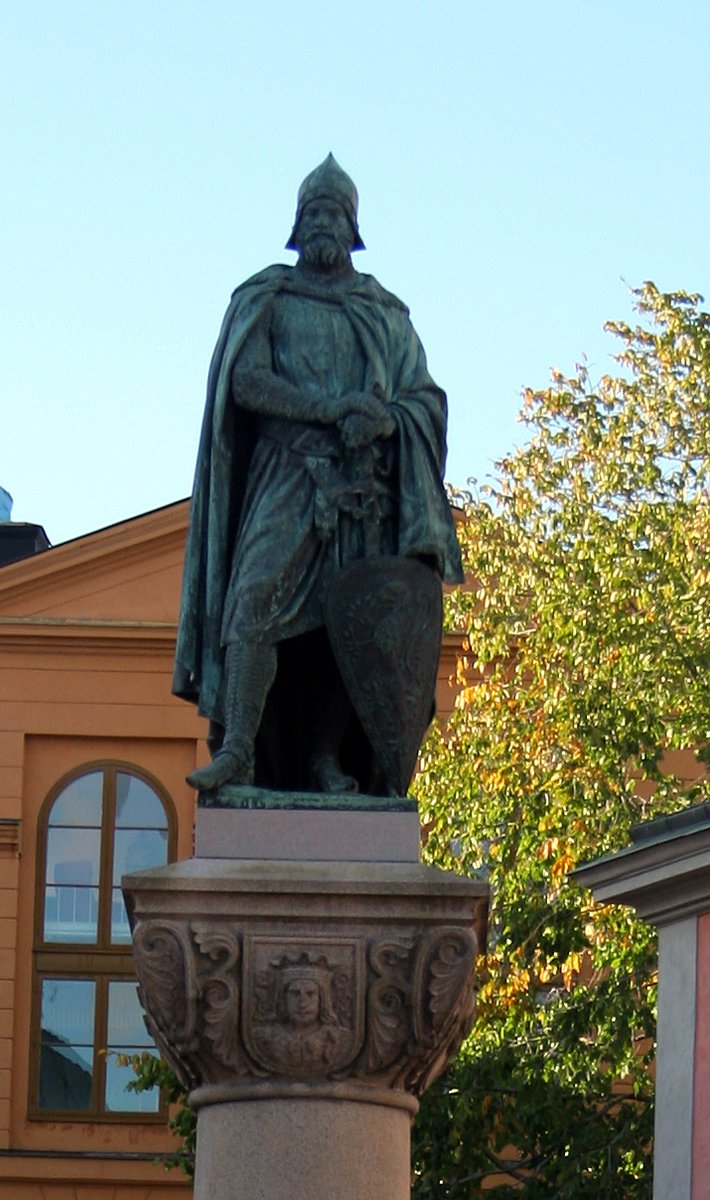A Kingdom meets its end, while a King loses his crown.
But a conspiracy is afoot, as three meet to overthrow the new King, while a conquered nation rise in search for its freedom.
Story in the evening ...
But a conspiracy is afoot, as three meet to overthrow the new King, while a conquered nation rise in search for its freedom.
Story in the evening ...
https://twitter.com/Arby_K/status/1481815835010232321
Henry Percy was born in 1341 to Henry Percy and Mary of Lancaster. The senior Henry Percy would become Baron in 1351, after his father's death, while Mary of Lancaster was the granddaughter of Edmund Crouchback, Earl of Lancaster & brother of King Edward I of England. 1/10 

The House of Percy were a prominent noble family in the north of England. Though their origins lie with the Norman conquest of England, Henry Percy's family were descended from Agnes de Percy and Joscelin de Louvain, an illegitimate half brother of Queen Adelisa of England. 2/10 

In 1362, Henry Percy was made the Warden of the Marches, a crucial office that managed the security of England's northern borders. The same year, English Prince John of Gaunt was created Duke of Lancaster, having married Henry's cousin and Lancaster heiress, Blanche. 3/10 

Having inherited the Barony in 1368 after his father's death, Henry Percy was made Earl of Northumberland, by King Richard II in 1377. Northumberland was a successor region of the Anglo Saxon Kingdom of Northumbria and was at times held by Scottish royals as well. 4/10 



King Richard's reign was not an easy one, but Henry Percy continued to rise in prominence in England. However, a perceived slight in 1397 made him change support, and instead he backed his cousin's son, Henry Bolingbroke, who was rebelling against the King. 5/10 

The support turned out to be profitable for Percy, since Henry became King and Percy received Isle of Man for his support. The island was a Kingdom close to Northern England and was ruled by a Richard loyalist, William le Scrope, Earl of Wiltshire. 6/10 

But the instability at top had an impact on the King's domain. Wales, which had been annexed by England in 1284, rose up against King Henry under Prince Owain ap Gruffydd (Glyndŵr) of Glyndyfrdwy. Meanwhile, Percy had to deal with Scottish incursions from the north. 7/10 

In 1402, Percy prevailed against the Scots at Homildon Hill and captured many leading nobles. When Percy attempted to ransom them out, he was denied by the King. In 1388, Percy's son, Henry "Hotspur" Percy had to be ransomed after the Scots had captured him in battle. 8/10 

In 1403, Hotspur Percy joined Prince Owain Glyndŵr in rebellion. Along with his uncle, Thomas Percy, Earl of Worcester, Hotspur's forces were met by King Henry's forces at Shrewsbury. The two sides battled it out. Hotspur got killed and Worcester captured and later executed. 9/10 

Soon, Henry Percy got into the act. He made a pact with Owain Glyndŵr and Edmund Mortimer, his son's brother-in-law, to divide England amongst themselves. Mortimer had a better claim to the throne. But by 1408, Percy was defeated; killed in the Battle of Bramham Moor 10/10 

• • •
Missing some Tweet in this thread? You can try to
force a refresh


